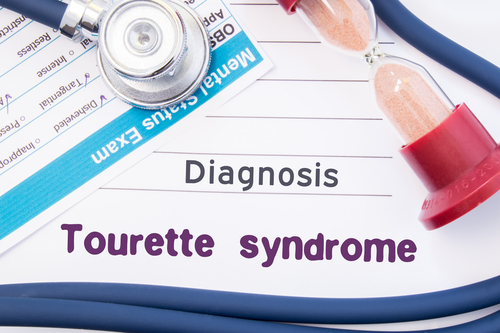לצפייה בתמונה
לחץ כאן
לצפייה בתמונה
We couldn't ignore this post, published on the Facebook page of a young woman named Adi Ben Shoshan. In a brief yet poignant piece, Ben Shoshan describes her experiences living with 'Tourette Syndrome.' "I am Adi Ben Shoshan, and I decided to share because I'm tired of people's ignorance," she opens with touching words. "In a week, I'll be 28. I was born with Tourette Syndrome, which is a part of me; some know it, many don't.
"I've had brain surgery, and what can I do that unfortunately there's no 100%? People always ask why I'm still single, and I try to explain that I'm not the problem – they're just judging me because of this condition.
"Almost every day I have a 'tic' – whether it's with my head or something else. Immediately, people around look at me strangely, whisper, or even laugh. But as hard as it is at that moment – I don't really count those people, because I know who I am, and what I'm worth."
And for those singles interested in dating her but 'disappear' the moment they see the 'tics' – Ben Shoshan has just one thing to say: "You are small-minded people who understand nothing about life. I'm a regular girl like any other, just with a few tics. I'm not contagious, nor a leper. You don’t judge a person on something they deal with. After all, I’m a happy and fulfilled woman who thanks every day for the amazing family and friends I have."
So, what is Tourette Syndrome? Here are a few facts you won’t want to miss (hoping they will help you and us accept those like Ben Shoshan, who have to deal with this condition):
1. Tourette Syndrome is also referred to as TS. It is a neuropsychiatric disorder that manifests in 'tics' – uncontrollable motor and vocal movements, sometimes even inappropriate ones.
2. Motor tics are characterized by blinking and involuntary movements of the jaw, neck, shoulder, or any limb. They usually appear between ages 3-8, a few years before vocal tics show up.
3. Vocal tics include sniffing, throat clearing, and grunting sounds.
4. For most people, tics occur intermittently and with varying intensity, but at the start of the second decade of life, most patients feel a worsening of symptoms.
5. Adolescents dealing with the syndrome might even experience extreme symptoms like violent behavior, which could lead to self-injury (hitting or self-biting, for example). Vocal tics at this age may include inappropriate verbal content such as cursing and offensive remarks.
6. Most patients report warning sensations before tics appear, such as a feeling of tension or an uncontrollable, unexplained urge to do or say something. After a series of tics, these feelings usually disappear, and they feel significant relief.
7. Treatments that help those with Tourette Syndrome include activities requiring light motor control or concentration, such as reading aloud, playing music, exercising, and so on.
8. Interestingly, during sleep, tics do not occur at all, although studies have shown that sleep quality for those with Tourette Syndrome is poor.
.Use quotes in order to search for an exact term. For example: "Family Purity", "Rabbi Zamir Cohen" and so on
